What happened on September 11th?
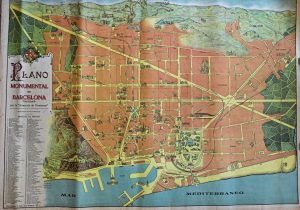
It was on this day in 1714 that the Catalan troops were defeated in Barcelona at the end of the War of Spanish Succession. The war was fought over who would take the Spanish throne, as the previous ruler, the Habsburg King Charles II, had died childless with no heir.
Catalonia fought in support of the Archduke Charles of Austria and the Habsburg dynasty’s claim to the Spanish throne, along with England, Scotland, Prussia, and Holland. The other contender was Philip, the Duke of Anjou, of the French Bourbon dynasty.
During the early part of the war in 1705, Barcelona had fallen to the forces of the Archduke Charles, as his troops surrounded the city and captured the fort of Montjuïc. Catalonia, as well as the other realms of the Crown of Aragon (Aragon, Valencia, and Mallorca) quickly accepted Charles III as their new king. Charles summoned the last Catalan Courts of history.
Towards the end of the War of Succession, a peace deal known as the Utrecht Treaty was signed which granted power to the bourbon king. Catalonia still fought for the cause of Charles, so decided to continue the war to protect the Catalan constitutions. The resistance was fought, and in 1714, the army of King Philip attacked the last of the Catalan troops in what is known as the Siege of Barcelona.
The city finally yielded on September 11th, 1714, after 14 months of the siege. As a result of what was seen as a betrayal on behalf of the Catalan province, the Bourbon king imposed the Nueva Planta decree which revoked the region’s political autonomy and abolished its constitution. This evolved Spain from a union of different states into a centralised kingdom. The Catalan language was also officially banned, resulting in major cultural repercussions in the area.
Why is this day so important in Catalonia?
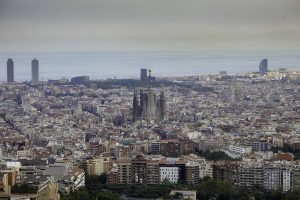
The holiday was first celebrated on 11th of September 1886, and quickly became a symbol of its national identity and heritage.
While historically most nations have picked a victory day for their own National Day, Catalans are peculiar in choosing a day of defeat – but are very proud of it. It is not really a day to celebrate, it’s a day with an intense political meaning, and a day to think about the past and future.
What happens in Barcelona on this date?
There is a large independence movement in Catalonia, with many citizens wishing to see the area regain full political independence and freedom from the central political powers in Madrid. Therefore, each year on the Diada, processions and demonstrations are organised by political parties, trade unions, and other pro-independence movements who use the occasion to display their opposition.
A significant ‘Diada Nacional de Catalunya’ tradition on the 11th of September, attended by Catalunya’s current and previous presidents, the Mayor of Barcelona and other city dignitaries, is the ceremony at 9am of laying commemoration wreathes at the Rafael Casanova monument. Casanova was the head of the Catalan government and commander in chief of the Barcelona troops during this time.
Many citizens also lay flowers at the memorial square of Fossar de les Moreres by the Santa Maria del Mar Basilica, where 4,000 people who died in the siege were buried in a mass grave. It is now a public square but still a memorial to the fallen Catalans of the siege and has a torch of eternal flame to commemorate them.
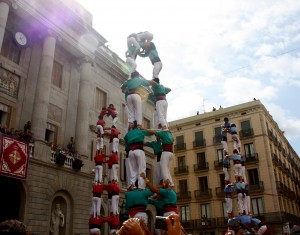
However, for many it is a day to simply celebrate Catalan culture and identity, aside from any political message. In many towns and villages across Catalonia, traditional Catalan festivities are organised such as the sardenya, a traditional type of group dance, and castellers, the impressive human towers.

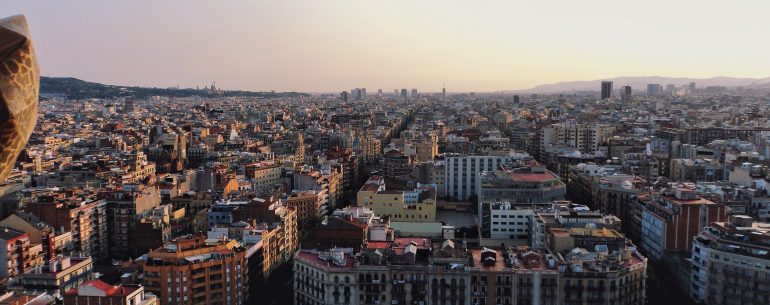
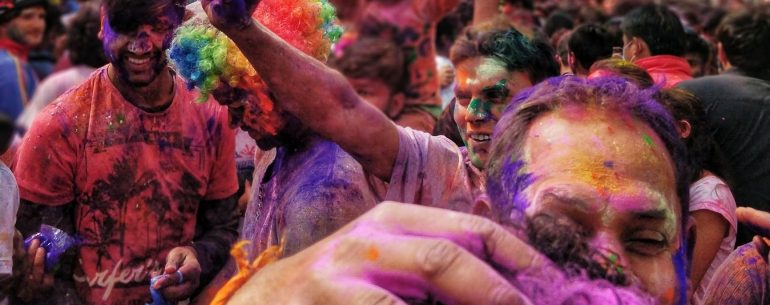

Leave a Reply